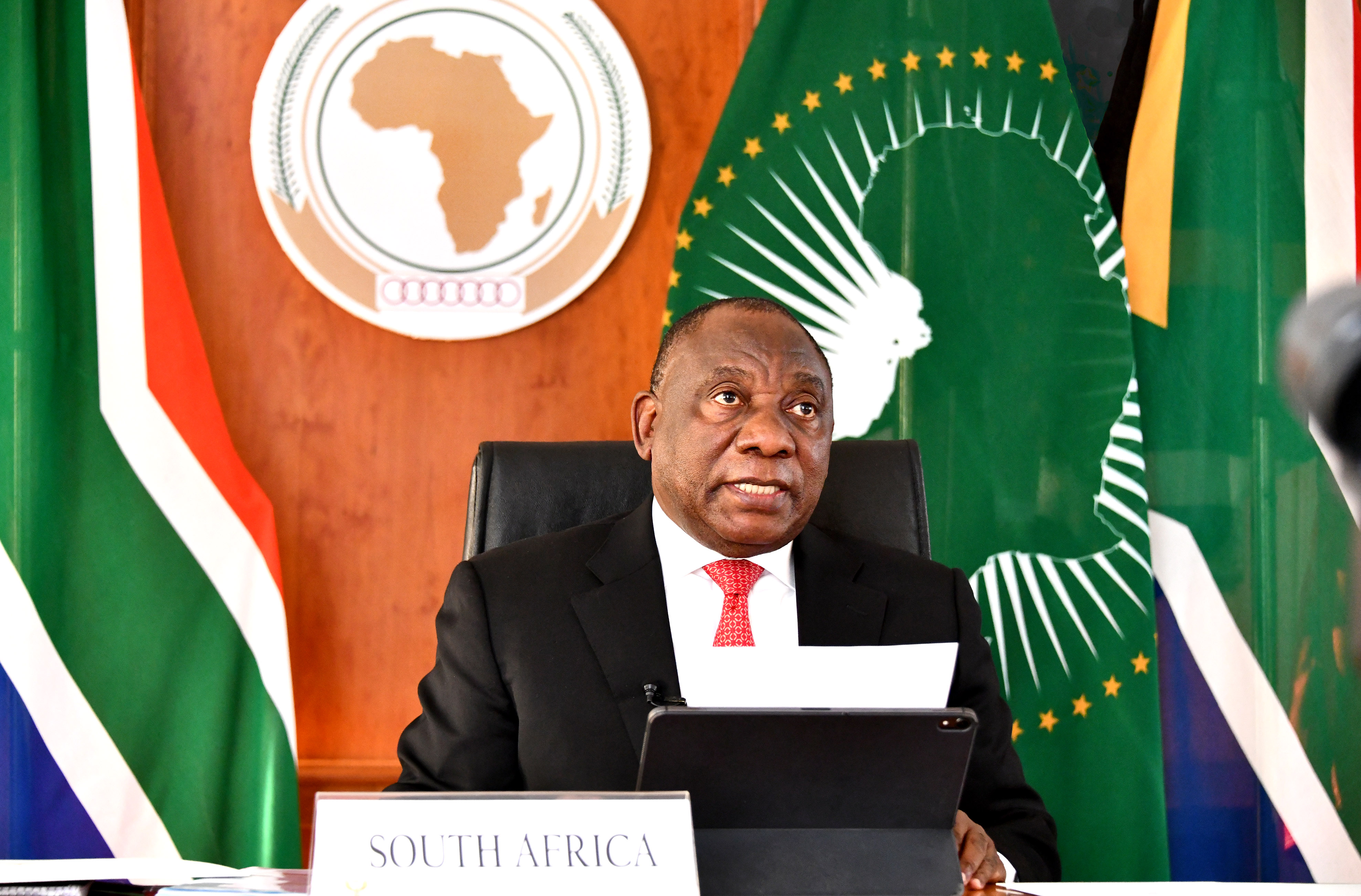idiAn Ethiopian dam on the Blue Nile poses a threat to the water security of downstream Sudan and Egypt, catalyzing a feud between the countries and resulting on Aug. 8 in Egypt withdrawing and Sudan threatening to withdraw from dam negotiations.
The Grand Ethiopian Renaissance Dam, Ethiopia’s hydropower project, is crucial for the country’s electricity and a symbol of its position in the region. Ethiopia’s Prime Minister Abiy Ahmed plans to transform the country into a regional exporter of energy through the dam.
The dam project remains significant for Ethiopia’s national unity and development. The country experienced ethnic violence in recent years, which critics said the prime minister failed to constrain, according to CNN.
Addisu Lashitew, a fellow with the Global Economy and Development program at the Brookings Institute, said: “The Ethiopian Renaissance Dam is a national project that [got] the support of the government, opposition parties and the public as well. It has been a uniting force in Ethiopia, as it has been built by Ethiopians’ money.”
Sudan’s water and irrigation minister, Yasser Abbas, said Ethiopia took unilateral action, according to Al Jazeera. “This new Ethiopian position threatens the negotiations under the aegis of the African Union, and Sudan will not participate in negotiations which include the subject of sharing Blue Nile waters,” Abbas said.
The controversial dam poses an existential threat to dry countries such as Egypt, where the Nile serves as a key source for both drinking water and agriculture, according to BBC. The World Bank considers Egypt a water-scarce country.
Colonial-era agreements granted Egypt and Sudan most of the Nile’s water, as well as veto power over construction projects on the Nile, according to the Brookings Institution. A 2010 deal signed by Ethiopia and six other Nile countries removed Egypt and Sudan’s veto power.
In the negotiations revolving around the world’s longest river, the three countries used different treaties to claim their rights on the dam. According to Al Jazeera, Ethiopia used the 2010 treaty, while both Sudan and Egypt called on their rights from the colonial-era treaties signed in 1929 and 1959.
According to downstream countries, building the dam indicated Ethiopia’s refusal to take other countries’ needs into account. Egyptian President Abdel Fattah el-Sisi said: “While we acknowledge Ethiopia’s right to development, the water of the Nile is a question of life, a matter of existence to Egypt.”
Egypt withdrew from the dam talks scheduled for Aug. 8, stating Ethiopia lacked regulations for the dam and a legal avenue to settle disputes, while Sudan threatened to withdraw from the talks.
South Africa, as the current chair of the African Union, is acting as mediator in the Nile dispute. According to BBC, many Egyptians perceive South Africa as biased towards Ethiopia, with Egyptians claiming Ethiopians will receive a better outcome.
The current chairperson of the African Union, South African President Cyril Ramaphosa, said in a statement negotiations were at a critical phase. “It is important that all parties should be engaged,” Ramaphosa said. “We would like to urge them to continue to be guided by the spirit of Pan-African solidarity.”






